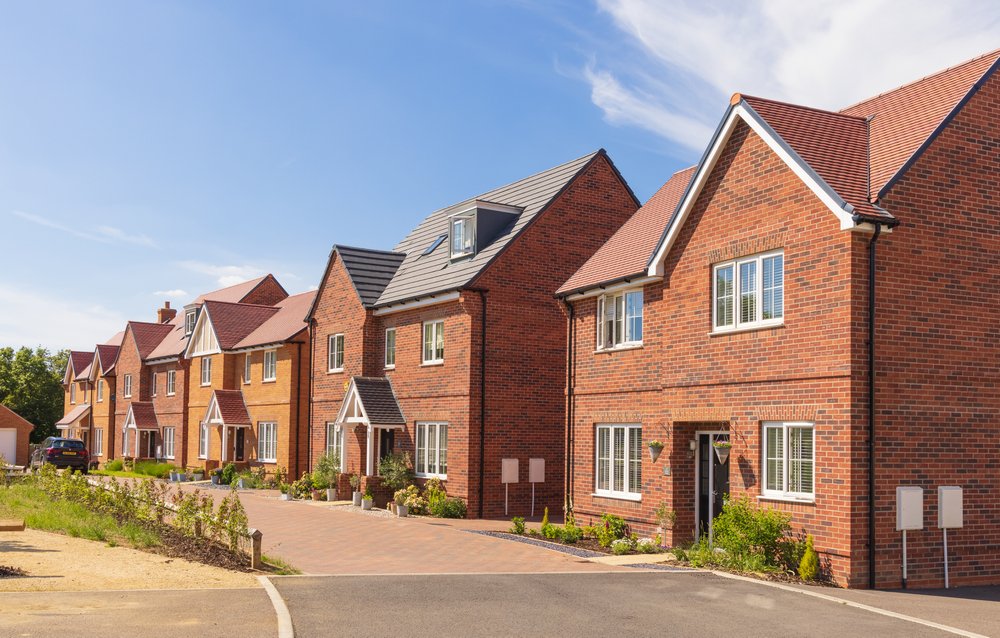House prices continue to rise – but the market is expected to slow down at some point this year according to industry experts.
House price growth increased by 0.8 per cent in January, rising to a 17-year-high of 11.2 per cent according to Nationwide. This is also the strongest pace of growth since last June. The average property price is now £255,556 according to Nationwide’s House Price Index, compared to £254,822 in December.
A limited number of properties for sale has contributed to house price growth. Demand is still greater than supply, which means that buyers are competing for properties and competition is fierce.
The market is stronger than before the pandemic. Nationwide says that approvals for house prices have run slightly above pre-pandemic levels and that the number of property transactions in 2021 was the highest since 2007. This was also around 25 per cent higher than in 2019 before the pandemic hit.
Reduced affordability
Nevertheless, Nationwide says that the housing market will slow this year and that house price growth has outstripped earnings, meaning that fewer people will be able to afford to buy a home. Nationwide has warned that reduced affordability could affect the market.
A ten per cent deposit on a first-time buyer home is now equivalent to 56 per cent of total gross annual earnings. This is a record high.
One estate agent described the housing market as ‘booming’, with the strongest start to the year in almost two decades.
Lack of properties
‘It continues to be a tough market for everyone other than those selling a property without a related or onward purchase,’ says MB Associates’ Sales Manager Phil Leivesley. ‘The common complaint from prospective buyers is that there is a serious lack of properties available, and we’re still seeing clients having to exceed the asking price of a property to secure the purchase. Without an injection of supply or some external negative stimulus, my anticipation is that property prices will continue to increase.’
However, inflation is beginning to put pressure on many households so this may affect the housing market. If you are a prospective first-time buyer concerned that you won’t be able to afford a property, it’s worth getting in touch with us to find out what options are available to you. Even if you think you can’t afford to buy, you could be wrong, and we may be able to help. At the very least, we’ll be able to outline where you are now and how much you need to save in order to reach your goal of becoming a homeowner in future.

